digitalhealth
Latest
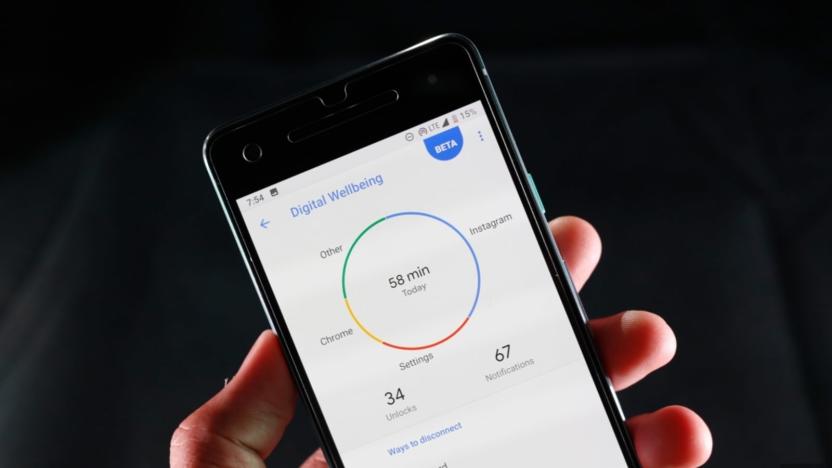
Android's Digital Wellbeing tools come to more phones
Google's Digital Wellbeing tools have helped balance the lives of only Android One and Pixel phone users so far, but that's about to change. The tech giant is making Digital Wellbeing available to devices beyond its official Android experience, starting with the Moto G7 lineup. More partners are in the pipeline, Google said, although it didn't drop any clues as to which phone makers are next in line.
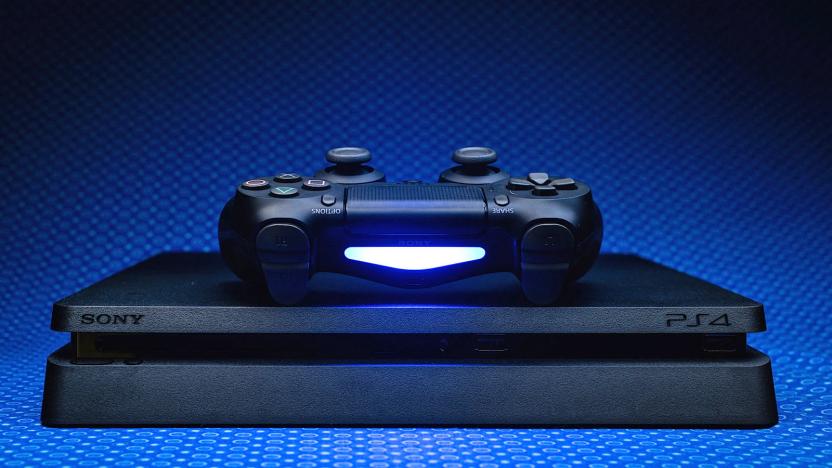
Sony winds down 2018 with a look at your PS4 gaming history
Now that 2018 is almost over, Sony is eager to provide a look back at your PS4 gaming history -- and not just the past 12 months. It recently launched a My PS4 Life site that provides some eye-opening stats about your habits through a shareable custom video. It can show tidbits like the first title you played, the rarest trophy you've earned, and (most importantly) the hours spent on your top three games. If you've sunk a thousand hours into Destiny 2, Sony will make that painfully clear.

Microsoft's Android launcher now tracks your digital health
Microsoft doesn't really have a mobile operating system these days, but that isn't stopping it from providing some digital health features to keep your usage habits in check. Install the Microsoft Launcher 5.1 beta release and you'll see a "digital health" section that tracks aspects like your total screen time, number of unlocks and session lengths. So long as you're paying attention to these stats in the first place, you'll have an idea of when it's time to put your phone down.
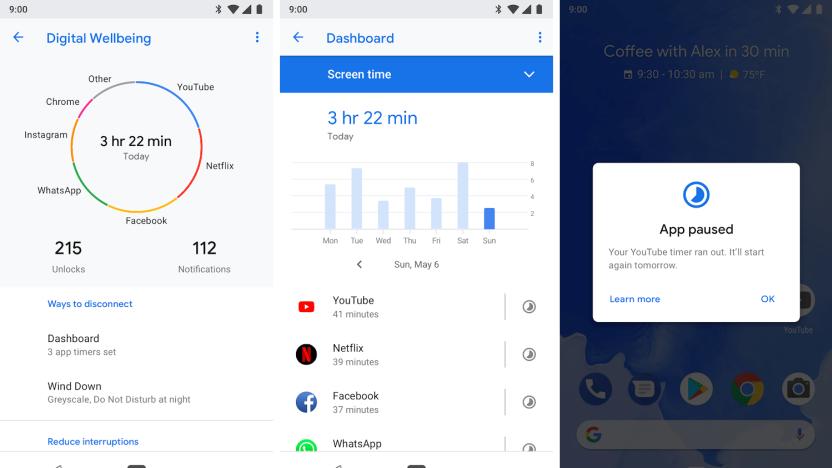
Google rolls out Digital Wellbeing tools for Android
Earlier this year during its I/O conference, Google announced new tools to help users manage their screen time. Now, it's rolling out Digital Wellbeing to Google Pixel phones and Android One devices with Android 9 Pie. Digital Wellbeing gives Android users a look at how much time they've spent on apps as well as how often they've unlocked their phones and how many notifications they've received. It also offers the ability to set time limits on app usage. Additionally, with Wind Down users can limit what notifications come through during a certain time period and have the option of switching their screens to grayscale.
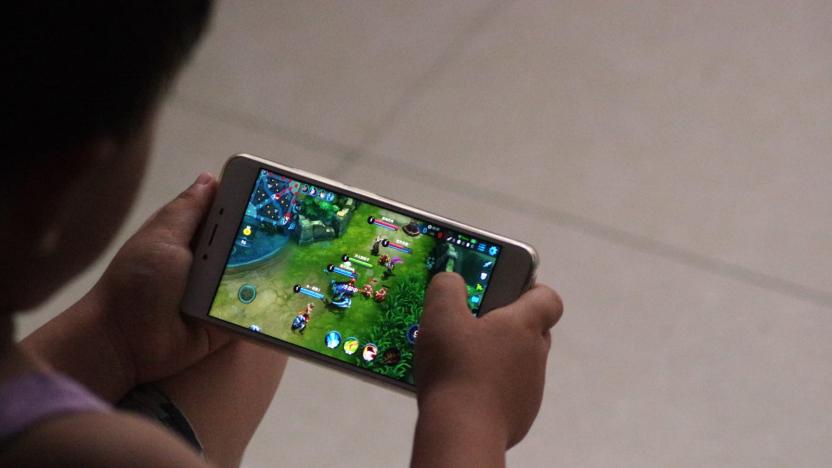
Tencent games will verify IDs to limit playing time for children
Chinese tech giant Tencent has imposed game time limits on younger players to curb addiction and promote healthy habits, but it's now taking some dramatic steps to enforce those restrictions. The company plans to verify the identities and ages of players to determine how long they're allowed to play. Tencent will check IDs through police databases and set the game time accordingly, giving the 12-and-under crowd one hour of play (and then only between 8AM and 9PM) while the 13-to-18 audience gets two hours.
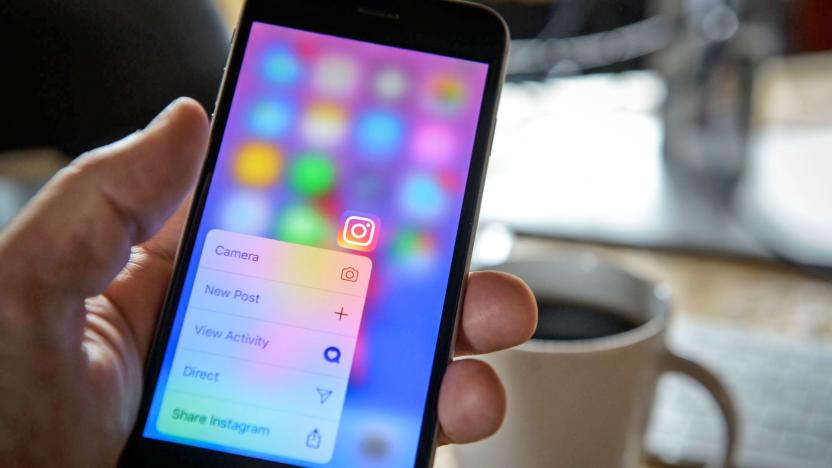
Instagram offers parents a guide for children's social safety
Using smartphones and other digital devices in a less obsessive, more mindful way has been a hot topic of conversation with consumers and tech companies alike. Instagram, probably one of the most addictive social networks around, recently launched a new feature to help users analyze how much time they spend on the network, and today the company has published a new guide specifically focused on helping parents help their kids use the service responsibly.

Bipartisan bill aims to study how tech is affecting kids
A bipartisan group of senators and representatives has introduced legislation that would fund research into the effects technology and media have on infants, children and adolescents. The funding would support research into the use of mobile devices, computers, social media, apps, websites, TV, films, AI, video games, VR and AR with a focus on cognitive, physical and socio-emotional development. "While technology educates and entertains our children every day, we need a better understanding of how it impacts their social, psychological and physical well-being," Senator Edward Markey (D-MA) said in a statement. "This bill will enable experts to conduct critical research that will inform parents and policymakers about how best to protect American children's bodies and minds from issues such as tech addiction, bullying and depression in the digital age."
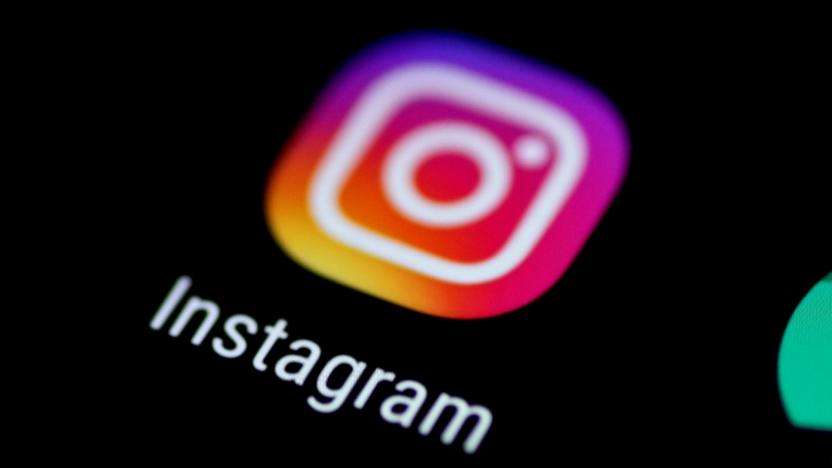
Facebook and Instagram test a 'do not disturb' feature
Instagram and Facebook are both testing Do Not Disturb features, TechCrunch reports, meaning users could soon have more control over when they receive notifications from either app. WhatsApp Beta and Matt Navarra first spotted the features. Some Engadget staff have also noticed the Do Not Disturb feature on their Facebook apps and it allows you to activate the feature for a certain time frame or until you decide to turn it off. The features come as both Google and Apple have announced their operating systems will soon give users Do Not Disturb options. In May, Instagram CEO Kevin Systrom tweeted that usage stats were also in the works. "We're building tools that will help the IG community know more about the time they spend on Instagram - any time should be positive and intentional," he wrote.
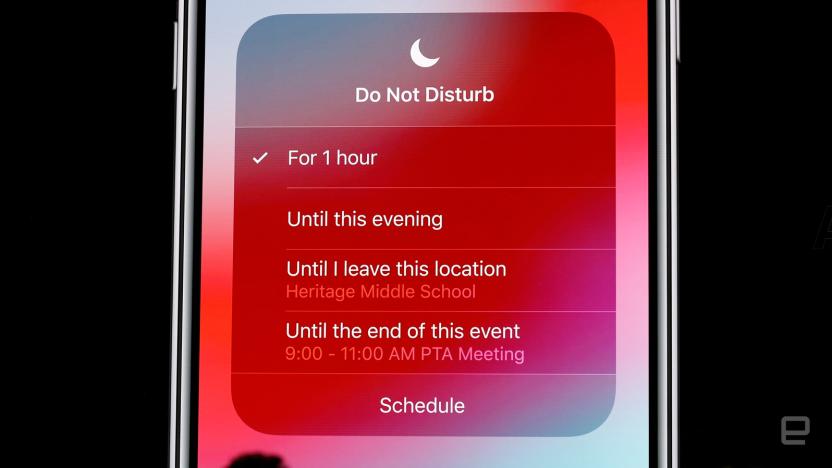
Apple's digital wellness features don't go far enough
Apple's digital wellness initiative might be well intended, but it doesn't go far enough to combat screen addiction. Sure, the announcement of grouped notifications to reduce lock-screen clutter (and some anxiety) drew rapturous applause from the developers gathered at WWDC, but Apple could've done so much more, even if it meant looking like it was late to the party.
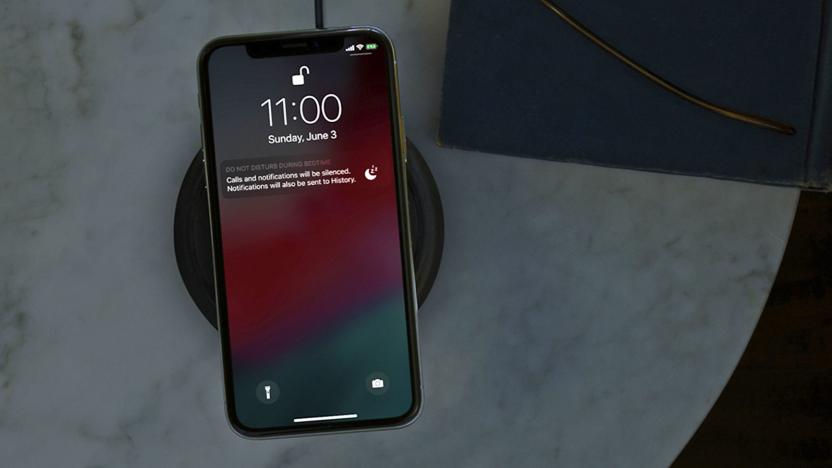
iOS 12 will help you fight your phone addiction
Apple is making good on its promise to fight iPhone addiction. It's introducing a suite of features in iOS 12 that curb the deluge of notifications and alerts that keep you hooked. To start, it's much smarter about how and when it displays notifications. You'll finally, finally see grouped notifications (no more wading through 10 alerts for the same app), for one thing. Do Not Disturb mode can silence all your notifications, too, so you're not tempted to check updates if you wake up in the middle of the night. You can also quickly manage notifications for an app, including an option to "deliver quietly" so that your device won't ping you every single time.

What to expect at WWDC 2018
It's officially June now, which means it's time for us to pack our bags, get on a plane to California and take in the second major developer conference of the season: Apple's WWDC. We'll be on the ground at San Jose's McEnery Convention Center next week scrounging up insights from as many presentations and developer sessions as we can crash. But as always, the show's focal point is the Monday keynote, during which Apple lays out its future in software. Be sure to keep your browser locked on our liveblog when the keynote begins on Monday, June 4th at 10AM PT/1PM ET — until then, read on for a primer on all the things we expect to see once the keynote unfolds.
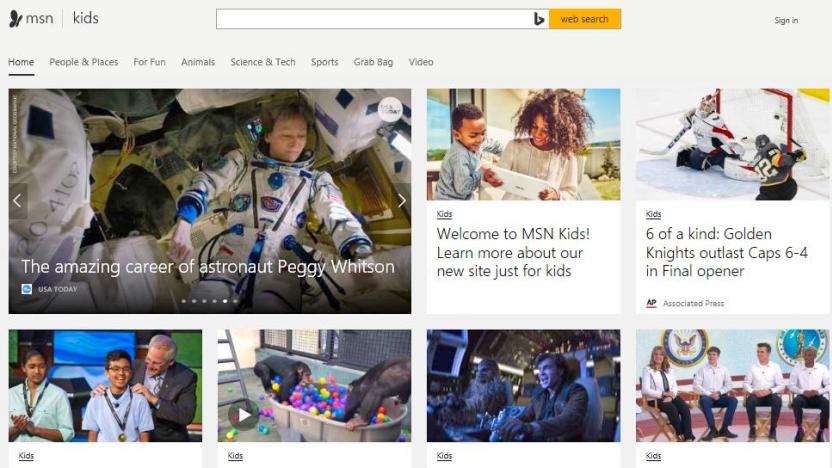
Microsoft adds more parental controls to monitor app and device use
Microsoft announced a number of parental control features today aimed at making it "easier and safer for families to interact with technology and each other." First up is Microsoft Launcher, which will soon let parents see where their kids are as well as what apps they're using and for how long. The new tools are currently in preview and can be used once a Microsoft family group of accounts is set up. If an Xbox One or a Windows 10 PC is added to the family portal, Microsoft Launcher will show activities on those devices as well.
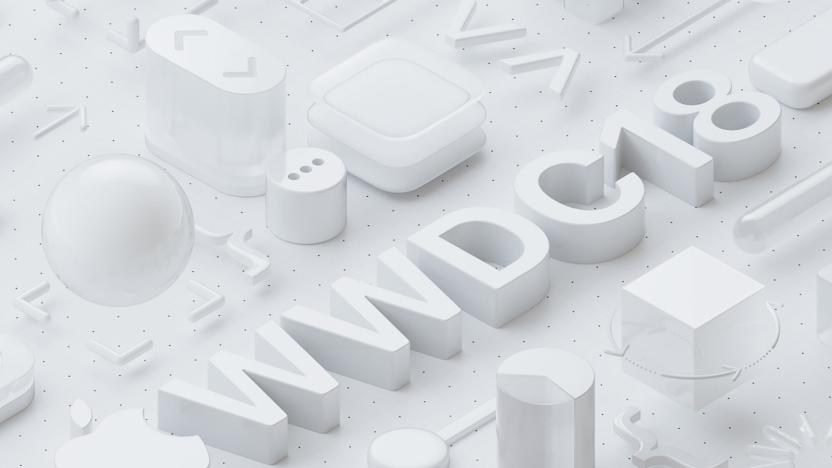
Apple will make digital health a focal point at WWDC
Apple's Worldwide Developers Conference kicks off on Monday and it looks like we can expect more of a focus on software tweaks and little in the way of hardware updates. Bloomberg reports that while MacBook and MacBook Pro refreshes -- including the addition of new Intel chips -- and a new lower cost option to follow the MacBook Air are in the works, they're not expected until later this year. Same for a revamped iPad Pro line. Bloomberg also notes that some bigger changes to software, including a new Home Screen, an AI upgrade for Photos and iPad file management tools, have been pushed to next year.

Nokia is selling its Health business back to the former owner
Nokia has has entered negotiations to sell its Digital Health business to its original owner, Withings co-founder Éric Carreel. The move is part of the company's plan to exit the consumer market and "focus on becoming a business-to-business and licensing company," it said. The company paid $191 million for Withings back in 2016, but recently announced that it had written off $175 million in goodwill, and would do a strategic review of its wearable businesses.
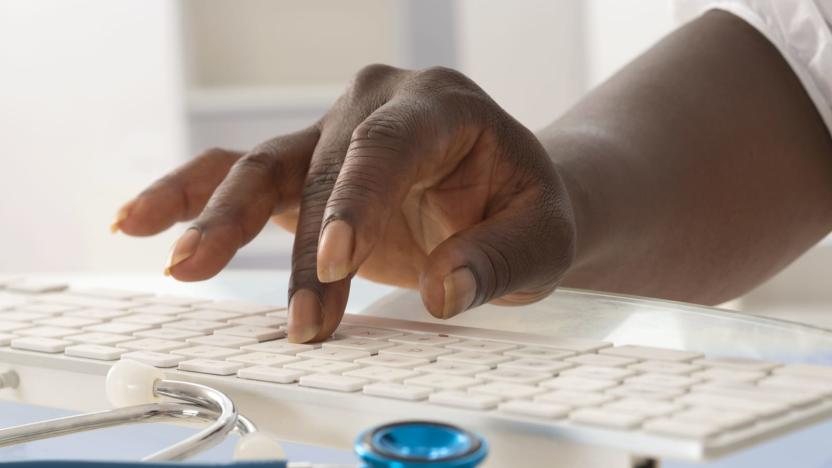
New FDA policies could hasten approvals of 'lower risk' health tech
The FDA is making an effort to keep up with the digital world. The commissioner of the FDA said in a statement yesterday that the agency would be outlining ways to streamline the regulation of digital health devices.

Nokia bought Withings to take on Apple's HealthKit
Nokia just reentered the consumer market by acquiring well-regarded fitness tracker manufacturer Withings for $191 million. But why now, and why wearables? Nokia President Ramzi Haidamus explains that Nokia has been developing a digital health strategy called WellCare, something that sounds similar to Apple's HealthKit. He says that the acquisition of Withings -- which makes not only wearables but also scales, blood pressure monitors and other medical devices -- will accelerate its plans.

Intel and GE form healthcare joint venture, sluggish Atom-powered home servants on the way
Okay, so maybe we're only half-kidding about the prospective of having home health robots that can barely multitask, but we're hoping that Intel and GE at least have the heart to equip any domicile servants with a Core i3 or stronger. If you haven't heard, the two aforesaid companies have joined hands this week to create a 50/50 joint venture, one that'll result in the creation of a new healthcare company "focused on telehealth and independent living." Financial terms aren't being disclosed, but the goal is pretty simple: "to use technology to bring more effective healthcare into millions of homes and to improve the lives of seniors and people with chronic conditions." It's a bit unclear at this point what all the duo will be creating, but we wouldn't be shocked to see medical tablets, Core i7 980X-based "medical monitoring PCs" and Moorestown-powered "I've fallen and I can't get up!" neck pieces surface in the near future.






